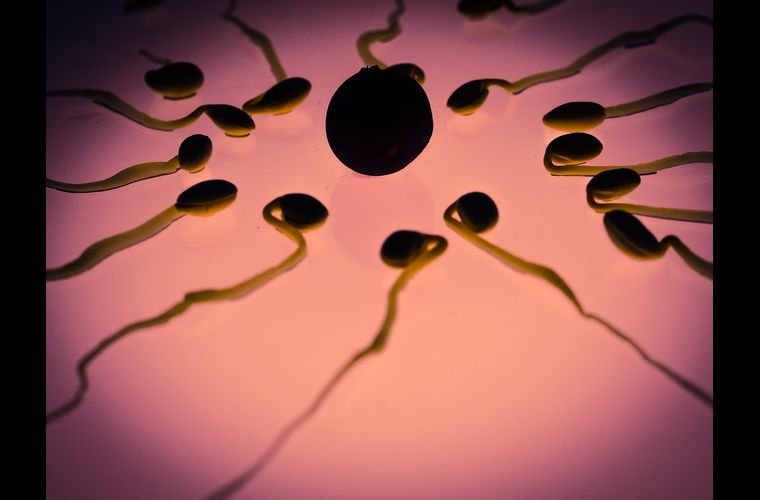As donors are required to socially distance and isolate, COVID-19 has led to a significant sperm donor shortage, causing a lack of sperm inputted into the system. Because of this, many couples and individuals are finding they have fewer options when it comes to finding the right donor.
2021 saw some historic lawsuits focused on sperm donation, as several patients found themselves being misled about the genetic health of their infants. One couple, using the sperm bank Xytex Corp, found their child had inherited a rare genetic blood disorder. Even though Xytex promised they screened all donors, they couldn’t account for sperm donors lying about their genetic health. This led to an important lawsuit and discussions on regulating the sperm donation industry. Because of the current lack of regulations on this industry, it will be no surprise to see more lawsuits happen.
Background: The Patchwork Quilt of Sperm Donation Laws
Each country has its own form of sperm donation laws, making them difficult to standardize. For example, laws in Germany limit the number of children sired by a sperm donor to 15, to avoid potential inbreeding. The more children a donor sires, the higher the probability that these half-siblings could end up breeding with each other in a population.
In the UK, the limit is 10 children per donor. The United States has no limit to children sired. The only guideline seems to be that offered by the American Society for Reproductive Medicine: 25 children per donor in a population of 800,000 people. Because this is only a guideline, few sperm banks enforce this limit, trying to encourage more donors.
Analysis: Anonymity harms sperm donation laws
Many sperm banks keep their donors’ identities a secret, which can cause some serious issues. The anonymity, while helpful for protecting a donor’s privacy, can also encourage more deviant behavior from donors. In the Xytex case, the donor lied about obtaining a college degree, as well as omitting his schizophrenia diagnosis, which later resulted in a negligence lawsuit. As there are no federal laws or regulations that require sperm banks to verify donor information, including education and medical history, sperm banks have no incentives to make sure donors are who they say they are. This in turn can allow unfit or unhealthy donors to pass on their genes without notice.
Because of the convenience of at-home genetic tests, like 23and Me, more problems begin to arise as individuals find genetic problems due to a sperm donor. With these at-home tests, anonymity becomes difficult to maintain. This has led many experts to argue for doing away with it altogether, allowing individuals to learn more about the donor before making a decision.
Outlook: The Rules are Coming
Thankfully, many states are beginning to establish sperm donation laws to help mitigate these issues and avoid future lawsuits. In 2011, Washington required that when a child turns 18, they receive the disclosure of donor-identifying information and medical history about their donor parent. On January 1, 2022, Connecticut established the Uniform Parentage Act, which requires sperm banks to collect identifying information from donors.
While laws such as these only apply to some states, it is an important step in the right direction toward regulating an industry that many couples rely on in terms of building their families.
Kenna Castleberry is a staff writer at the Debrief and the Science Communicator at JILA (a partnership between the University of Colorado Boulder and NIST). She focuses on deep tech, the metaverse, and quantum technology. You can find more of her work at her website: https://kennacastleberry.com/

